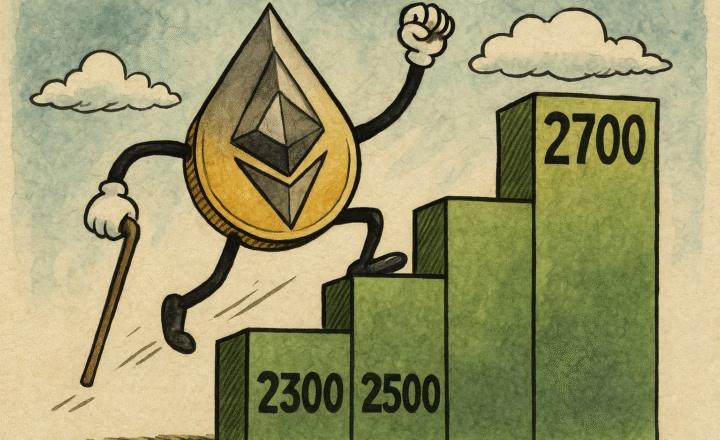Google Unveils Plans for ‘Universal Ledger’ as Institutions Race to Build Blockchains
Google Cloud has revealed new details about its upcoming Universal Ledger (GCUL), a layer-1 blockchain designed to provide a neutral infrastructure for financial institutions.
In a LinkedIn post, Rich Widmann, Google Cloud’s head of Web3 strategy, described GCUL as the result of “years of R&D at Google,” built to be credibly neutral and support Python-based smart contracts.
A Neutral Blockchain for Institutions
Widmann emphasized that GCUL aims to solve the problem of siloed ecosystems:
“Tether won’t use Circle’s blockchain — and Adyen probably won’t use Stripe’s blockchain.”
By positioning itself as an open and neutral ledger, Google hopes GCUL will attract broader adoption than proprietary blockchains being developed by Circle (Arc) and Stripe (Tempo).
A chart shared by Widmann highlighted Google’s ambition to make Universal Ledger a “planet-scale” blockchain with billions of users and bank-grade functionality. More technical details are expected “in the coming months.”
Testing with CME Group
Google is already piloting Universal Ledger with the Chicago Mercantile Exchange (CME) Group, one of the world’s largest derivatives marketplaces.
The collaboration, first disclosed in March, focuses on tokenized asset settlement and wholesale payments. Full market trials are scheduled for 2026.
CME CEO Terry Duffy said the ledger could deliver “significant efficiencies for collateral, margin, settlement, and fee payments as the world moves toward 24/7 trading.”
CME reported record Q2 2025 revenue of $1.7 billion with daily trading volumes averaging 30.2 million contracts, underlining the scale Google is targeting.
Google’s Expanding Blockchain Push
Google Cloud has steadily expanded into blockchain since 2018, when it added Bitcoin data to Big Query. By 2022, it had launched a dedicated Web3 division, leading to partnerships with Coinbase, Polygon, and Solana.
The Universal Ledger is Google’s most ambitious step yet, positioning it directly in competition with fintech and crypto-native players racing to control institutional blockchain infrastructure.
Broader Race for Institutional Blockchains
Google’s move comes amid a surge of similar efforts:
-
Circle launched Arc, an open network optimized for stablecoin finance.
-
Stripe is developing Tempo with backing from Paradigm.
-
Plasma, backed by Tether-linked investors, announced a settlement-focused layer-1 after raising $24M.
-
Robinhood launched tokenized US stocks and ETFs on Arbitrum, with plans to migrate to its own blockchain.
The battle reflects a growing conviction that blockchains will underpin the next generation of finance, from tokenized payments to 24/7 settlement systems.












